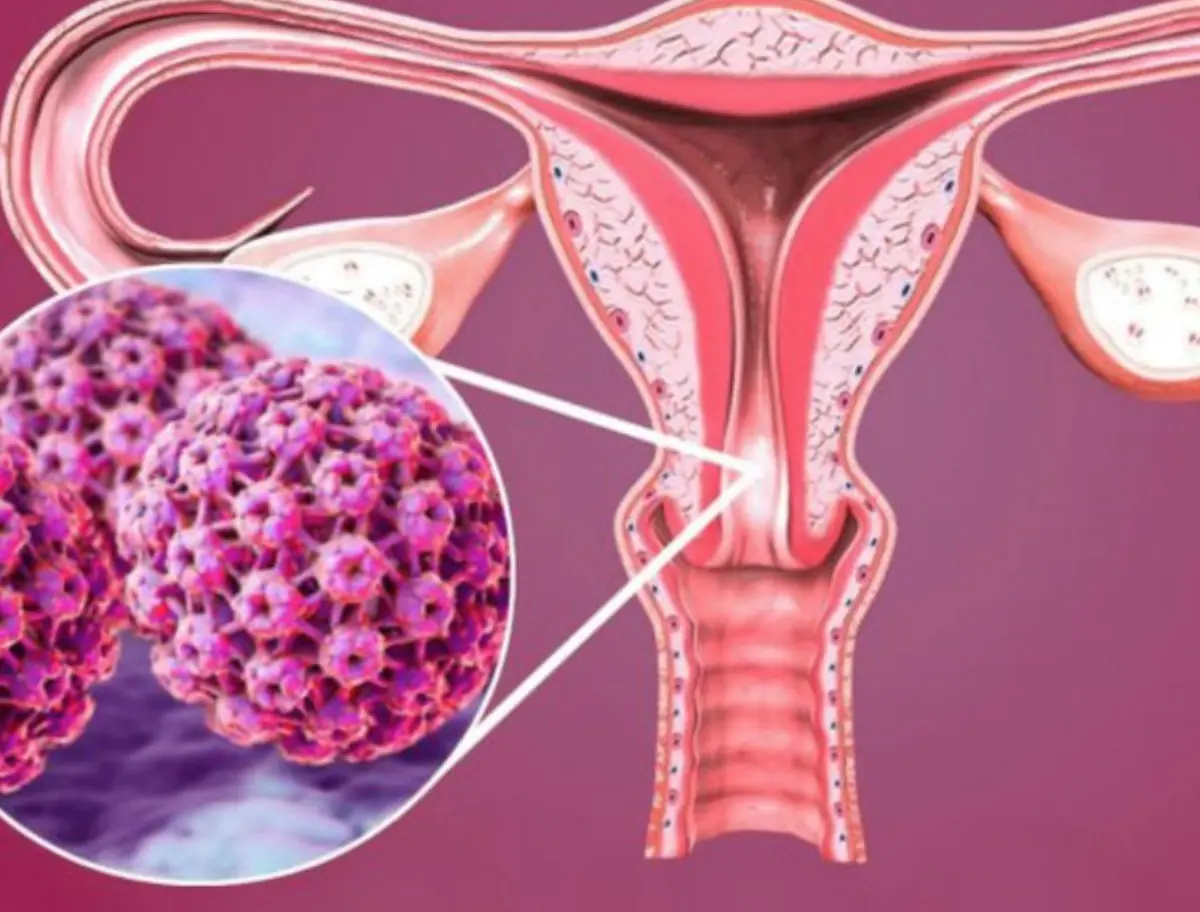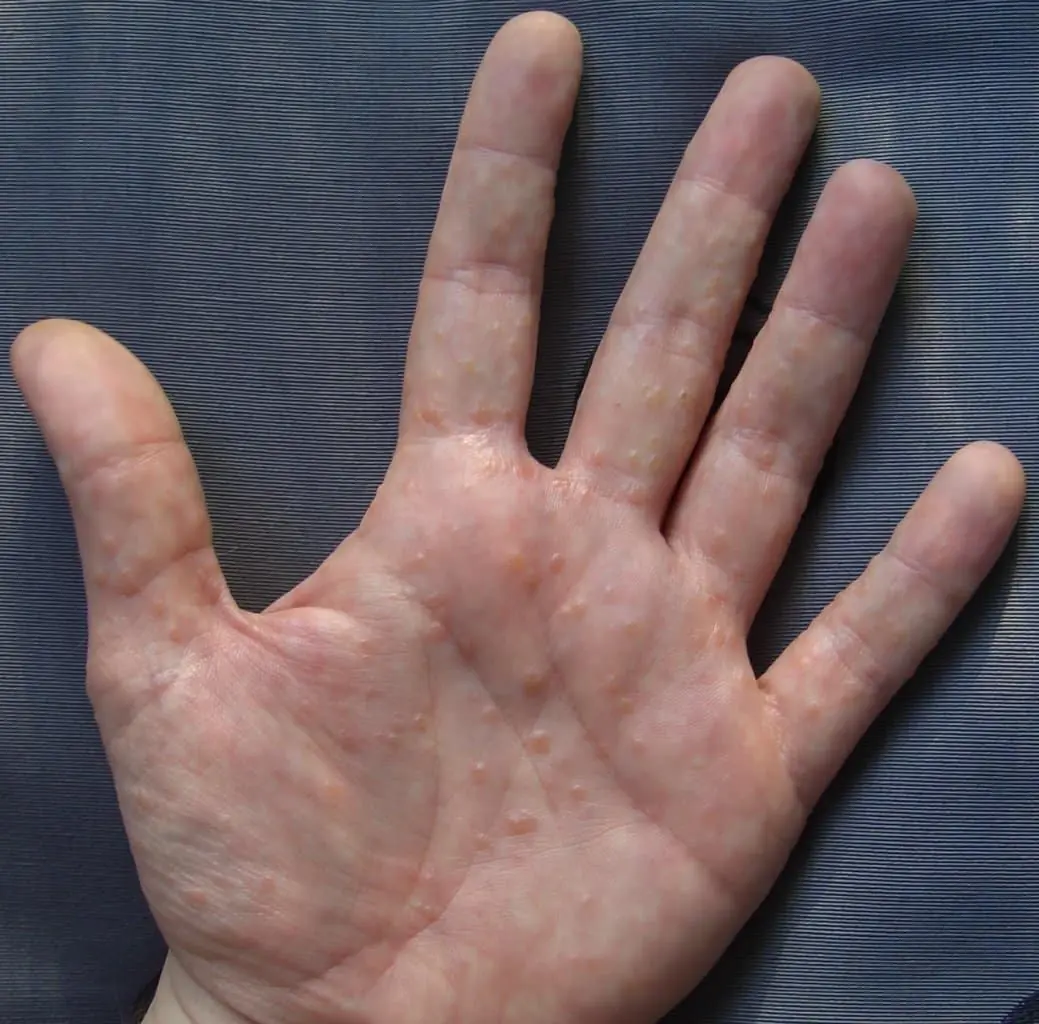
If You Love Napping During the Day, This Is for You!
Most animals are natural nappers—they sleep in short bursts throughout the day and night, a pattern called polyphasic sleep. Humans, however, are among the few species who typically aim to get all their rest in one long stretch, usually at night.
But in our fast-paced, always-on world, it's not always possible to get a full night of restful sleep. That’s where daytime naps come in—and the latest research shows they’re far more beneficial than most people realize.
If you’ve ever felt guilty for sneaking in a nap during your lunch break or weekend afternoon, it’s time to change your perspective. Napping isn’t laziness—it’s smart, science-backed self-care.
1. Naps Lift Your Mood—Fast
When you nap, your brain releases serotonin, the “feel-good” hormone linked to calmness, happiness, and emotional balance. Even a quick 15–30-minute nap can improve your mood dramatically, making you feel more positive, less irritable, and better able to handle stress.
Bonus Tip: Pair your nap with a few minutes of deep breathing before or after for an added mood boost.
2. Napping Enhances Learning and Brain Function
Going too long without rest reduces cognitive performance. Studies show that a 30-minute nap improves concentration, reaction time, and decision-making. In one study, participants who napped retained information more effectively than those who didn’t—even better than those who had caffeine!
A 60-minute nap may offer even more cognitive benefits, especially for memory and problem-solving.
3. Quick Naps Sharpen Your Focus Like a Laser
Think of your brain like a battery. After hours of work or screen time, it drains—and needs recharging. A NASA study found that a 40-minute nap boosted alertness by up to 100% in pilots and astronauts. Even a 20-minute nap significantly improved mental clarity and focus—almost as much as a large coffee, but without the crash.
4. Napping Sparks Creativity and Problem-Solving
The world’s most brilliant minds—like Leonardo da Vinci, Nikola Tesla, and Salvador Dalí—were all big believers in napping. Sleep refreshes the brain’s default mode network, the part responsible for insight and imagination.
After a nap, your mind is often better at making connections, seeing patterns, and coming up with fresh ideas.
5. Short Sleep Sessions Improve Memory
Your brain uses sleep to consolidate memories—essentially locking in what you’ve learned or experienced. A nap helps move new information from short-term to long-term memory storage. This is especially valuable if you're studying, training, or learning a new skill.
6. Naps Awaken the Senses
After a nap, many people report sharper hearing, enhanced smell, and even improved taste. That’s because rest clears neural clutter, helping your brain process sensory input more effectively. Food can taste better, music sounds deeper, and even colors may seem more vivid.

7. Daytime Sleep Boosts Immune Function and Physical Recovery
When you’re sleep-deprived, your body produces more cortisol, the stress hormone that weakens immunity and increases inflammation. A nap helps balance this by triggering the release of growth hormone, which aids cellular repair and supports the immune system.
Regular naps have been linked to lower blood pressure, reduced inflammation, and even longer lifespan in some studies.
8. Napping May Lower Your Risk of Chronic Diseases (New Addition)
Ongoing sleep deprivation has been associated with conditions like heart disease, type 2 diabetes, and obesity. Napping—even just 1–2 times a week—has been linked to a lower risk of cardiovascular events in adults, according to recent European research.
It’s a small habit with potentially life-saving benefits.
9. Not All Naps Are Equal—Timing Matters (New Addition)
Experts suggest the ideal nap length is between 20 and 40 minutes to avoid grogginess (also known as sleep inertia). The best time to nap? Between 1:00 PM and 3:00 PM, when your body naturally dips in energy. Napping too late may interfere with your nighttime sleep.
Set an alarm to avoid oversleeping—and keep naps consistent.
Final Thoughts: Napping Isn’t Lazy—It’s a Power Move
If you’re lucky enough to fit a nap into your day—even a quick 15 to 20 minutes—you’re doing something truly good for your mental clarity, emotional stability, and long-term health.
It’s time we stopped seeing naps as indulgent or unproductive. In reality, they’re a powerful, science-backed habit that could transform your performance, creativity, and resilience.
Disclaimer: This article is for educational purposes only and is not a substitute for professional medical advice. Always consult a healthcare provider before making changes to your sleep or wellness routine
News in the same category


4 air conditioner installation locations do more harm than good

Soong Mei-ling Lived Past 100 Despite Can.cer: Her Two Favorite Drinks Are Still Popular Today

5 foods you should never keep overnight

5 types of vegetables that help detoxify and lower liver enzymes

4 everyday fruits doctors warn could fuel can.cer growth

5 early warning signs of cervical can.cer

Secret to longevity: 3 eating habits that helped an old woman live to 118 years old

How your feet can reveal early signs of dia.betes

Great effects of drinking coconut water on an empty stomach for 7 days, the results will surprise you

Orange juice is nutritious but there are 5 groups of people who should not drink it

A Man Di.ed of Colon Can.cer Despite Going to Bed Early, Waking Up Early, and Walking Daily

Painful Red Bumps on Skin? It Might Be Dyshidrotic Eczema

Young Woman Dies at 27 from Late-Stage Thyroid Cancer

Are You at Risk? Doctor Reveals Who’s Twice as Likely to Have a Heart Attack While Sleeping

4 warning signs from the appendix, do not ignore!

You Should Never Ignore These 9 Things Your Fingernails Reveal About Your Health

People with Kid.ney Problems Often Experience 3 Strange Symptoms During Sleep

Surprisingly, These 6 Fruits Act Like “Med.icine”
News Post

People with Blo.od Clots Often Experience 4 Unusual Symptoms While Walking

Tips to Keep Rice Fresh and Free from Weevils

4 air conditioner installation locations do more harm than good

Soong Mei-ling Lived Past 100 Despite Can.cer: Her Two Favorite Drinks Are Still Popular Today

5 foods you should never keep overnight

5 types of vegetables that help detoxify and lower liver enzymes

Most of you can't find the frog hiding in the picture, what about you?

My Husband Demanded I Dance for Him Like His Brother's Wife – the Lesson He Got Left Him Pale

4 everyday fruits doctors warn could fuel can.cer growth

I Got a Free First-Class Seat – My Entitled Brother Thought He Deserved It Just for Existing & My Family Took His Side

5 early warning signs of cervical can.cer

Secret to longevity: 3 eating habits that helped an old woman live to 118 years old

How your feet can reveal early signs of dia.betes

Why are rocks spread along railway tracks?

Great effects of drinking coconut water on an empty stomach for 7 days, the results will surprise you

Put a plastic bottle in the toilet tank: A simple thing with great benefits, it's a waste if you don't know

Orange juice is nutritious but there are 5 groups of people who should not drink it

The Best Part of Pork
